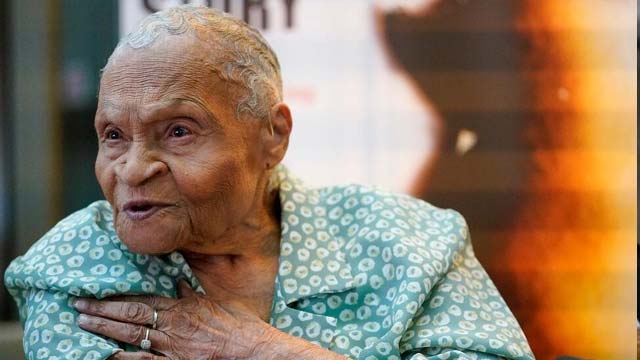
Attorneys representing Viola Fletcher, 110, and Lessie Benningfield Randle, 109, the final living survivors of the 1921 Tulsa Race Massacre, have petitioned the Oklahoma Supreme Court to reconsider its recent dismissal of their case. They have also called upon the Biden administration to support their quest for justice.
The Tulsa Race Massacre, one of the deadliest attacks on Black Americans in U.S. history, resulted in the deaths of up to 300 people and the destruction of over 1,200 homes, businesses, schools, and churches in the Greenwood District, known as Black Wall Street. Thousands were also forced into internment camps under National Guard supervision.
In their plea for a rehearing, Fletcher and Randle criticized both Oklahoma and the U.S. for failing their Black citizens. They recounted how white Americans perpetrated violence and looting with impunity, leading to no indictments, inadequate insurance settlements, and the forced displacement of Black Tulsans.
Damario Solomon Simmons, their attorney, additionally urged the U.S. Department of Justice to launch an investigation under the Emmett Till Unsolved Civil Rights Crime Act of 2007, designed to reopen unresolved cases of racially motivated violence predating 1970. The DOJ declined to comment on the matter.
The lawsuit, invoking Oklahoma's public nuisance law, aimed to compel Tulsa and other entities to compensate for the massacre's devastation. The legal team argued that Tulsa had exploited the historical significance of Black Wall Street for its own gain, proposing that revenues from initiatives like the Greenwood Rising History Center be directed into a fund for victims and their descendants.





















